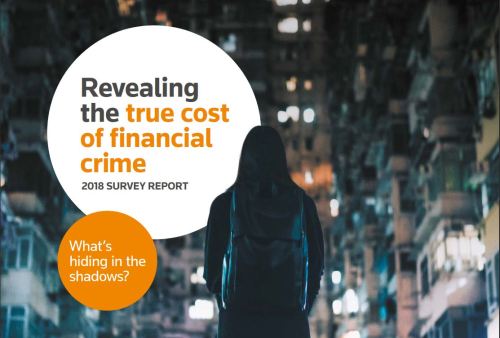This week, media reports alleged that both the U.S. Department of Justice and the FBI were investigating Danske Bank, Swedbank and SEB over potential breaches of U.S. anti-money laundering regulations and fraud. While the banks have previously disclosed ongoing U.S. investigations, Credit Suisse noted that the fraud allegations along with the FBI’s involvement are new developments. The investigation into several of the largest Nordic lenders appears to be related through the activities of their Baltic subsidiaries, which sent the banks’ stocks tumbling, with Swedbank’s share price dropping 7.7% after losing a third of its market value in 2019 when reports of alleged violations first surfaced. While several of the institutions received record fines by their local regulator, the above mentioned reports, citing Kepler Cheuvreux, suggested that the U.S. fine could be as high as $3.27 billion for Danske for the violations incurred by its Estonian subsidiary.
So, what’s next for the banks?
As Estonia, a “digital trailblazer” among nations, attempts to rehabilitate its reputation, it appears that the local subsidiaries of several of the above mentioned Nordic lenders are doing the same by partnering up to embrace an innovative digital solution in their fight against financial crime. The solution, developed through RegTech, would create a secure information sharing portal with the Estonian regulators. The initiative appears to tackle two of the three key areas of reform, which we highlighted in last week’s blog, that would have the greatest immediate impact on the fight against financial crime -- increased public/private sector cooperation and the use of technology. Notably, the latter, especially as it relates to recent innovation in the RegTech space, could go a long way in appeasing their stakeholders. Studies have indicated that “end-to-end RegTech implementation promises 634% in ROI realizable over a three-year period,” thereby demonstrating that efficiencies associated with a more effective compliance function can translate, and boost the institution’s bottom-line.
Beyond regulatory fines and ROIs, the current compliance landscape should in fact be top of mind for both senior executives and the board of directors in light of their fiduciary duties. While financial crime enforcement by regulators is a “Top-5 loss event for financial institutions, the fine [itself] is only half the story.” As Gabrielle Haddad, Sigma Founder & COO, noted in a recent Bloomberg interview, “remediation can stretch over years and cost 12 times as much as an initial fine, soaking up management’s attention and other resources.” Furthermore, according to a 2018 piece from Thomson Reuters, among other areas of loss, AML enforcement actions result, on average, in a share price decline of 5.5% on the day that the fines are announced. Yet, even without regulatory enforcement, a mere announcement, as this week’s developments have illustrated, still managed to send shares tumbling even greater, thereby demonstrating the imperativeness of a new and innovative approach to financial crime compliance.

Last week, Reuters reported that “as the Biden administration pushes ahead with an effort to combat global corruption, [a part of the National...

Last week, the Financial Action Task Force (FATF) released its Report on the State of Effectiveness and Compliance with the FATF Standards, the first...

A problem with few solutions
